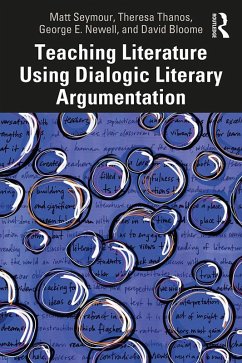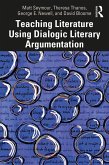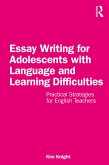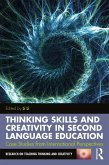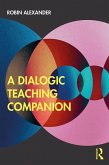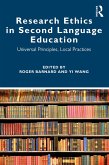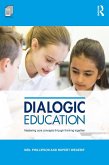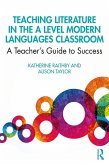Introducing a new framework for teaching and learning literature in secondary schools, this book presents Dialogic Literary Argumentation as an inquiry-based approach to engage students in communicating and exploring ideas about literature. As a process of discovery, Dialogic Literary Argumentation facilitates conversation-"arguing-to-learn"-as a method to support students' diverse perspectives and engagement with one another in order to develop individual and collective understandings of literature and their place in the world. Covering both the theoretical foundation and application of this method, this book demonstrates how to apply Dialogic Literary Argumentation to teach literature in a way that foregrounds dialogue, learning through inquiry, diverse views, listening to others, and engagement with our communities. Ideal for preservice teachers in literacy methods courses and practicing teachers, it features real-world cases, discussions of the principles presented, resource lists, and conversation starters for professional learning communities, professional development, and teacher education.
Dieser Download kann aus rechtlichen Gründen nur mit Rechnungsadresse in A, B, BG, CY, CZ, D, DK, EW, E, FIN, F, GR, HR, H, IRL, I, LT, L, LR, M, NL, PL, P, R, S, SLO, SK ausgeliefert werden.

